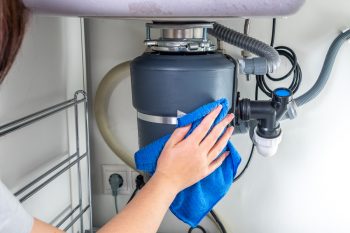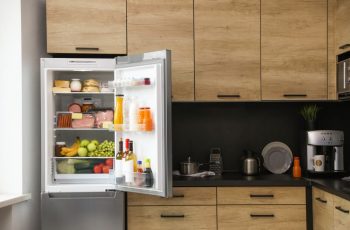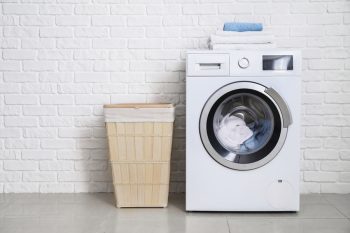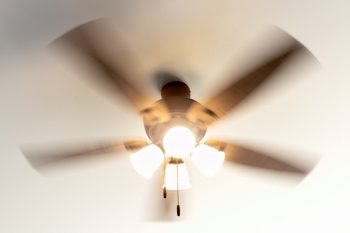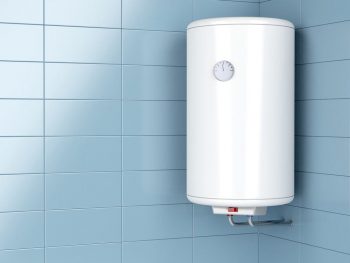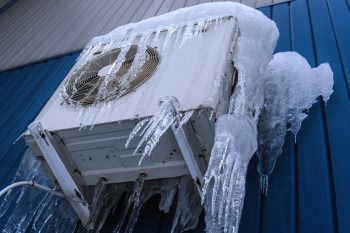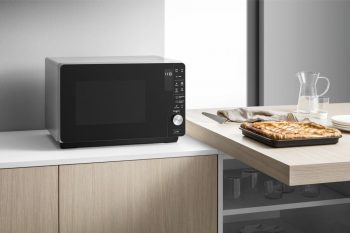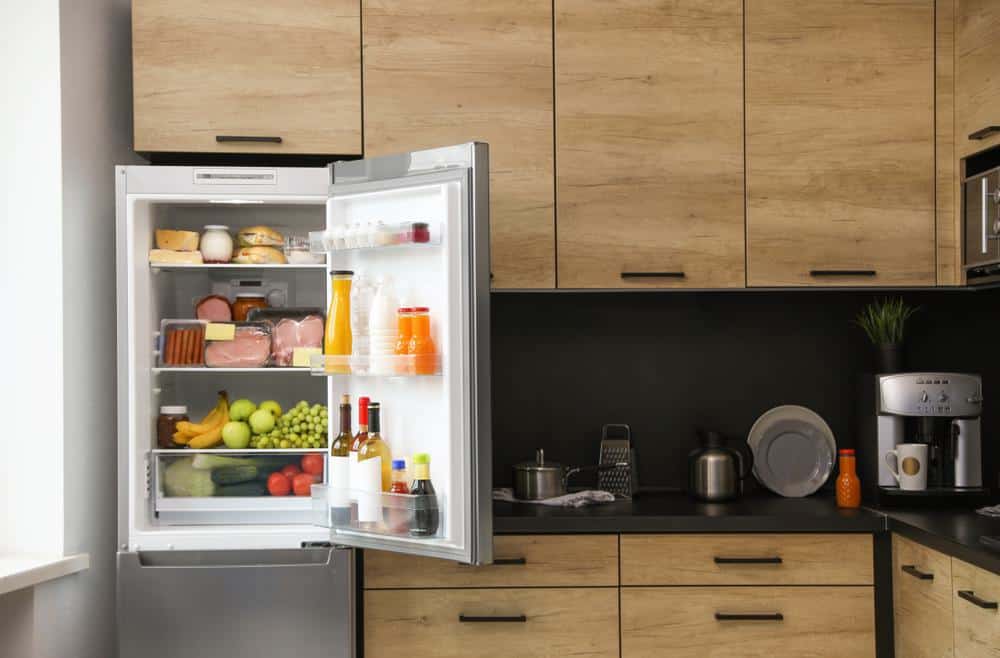
One of the most common complaints about refrigerators is warm water from the dispenser. This can be due to a variety of reasons, and in this comprehensive guide, we will delve into the possible causes, solutions, and preventative measures you can take.
The water in your fridge might be warm due to several reasons. It could be because the fridge’s water reservoir is depleted and needs time to chill new water, or your fridge might be connected to the hot water supply instead of the cold one. Other factors could be improper temperature settings or malfunctioning evaporator coils. Regular maintenance, ensuring proper connections, and allowing time for the water to cool down can help solve this issue. If the problem persists, consider consulting a professional.
Understanding the Water Dispensing System in a Fridge
The water dispensing system in a fridge works by connecting to a cold water supply pipe. When you press the dispenser lever, a switch allows voltage to travel to the dispenser solenoid and the water filter solenoid. The water dispenser employs tubes that run inside the refrigerator via a control valve. The tubes are connected to a tiny reservoir where the water is cooled before being dispensed. If the refrigerator has a selector switch, it allows the user to choose between water and ice.
Common Causes of Warm Dispensed Water
In many modern refrigerators, water is no longer stored in a reservoir at the bottom of the fridge. Instead, tubing runs throughout the fridge, which may result in water being warm at first and then getting colder. If a large amount of water was recently dispensed, the water reservoir may be depleted, and the new water needs time to chill.
Another issue could be that your refrigerator is connected to the hot water supply instead of the cold water supply, causing the dispensed water to be warm.
Troubleshooting Warm Water Issues
To identify the issue causing warm water in your fridge, you can start by checking the temperature setting, ensuring proper air circulation, and examining the evaporator coils. If the problem persists, you may need to consult a professional technician for further assistance.
Signs of a Malfunctioning Fridge Water Dispenser
Common signs of a malfunctioning fridge water dispenser include water not dispensing, water not being cold, water leaking from the dispenser, water spraying at the dispensing point, water tasting or smelling bad, and intermittent water dispensing.
DIY vs. Professional Repair
Many warm water issues in a fridge can be resolved with DIY solutions. However, if the problem persists or the user is not comfortable with attempting the repair, it is best to seek assistance from a professional appliance repair technician. The average cost for these repairs ranges from $125 to $500, depending on the specific issue and the parts needed for the repair.
Preventative Maintenance Tips
To prevent the water in your fridge from getting warm, ensure the refrigerator is connected to a cold water supply line, allow time for the water to chill after installation or after dispensing a large amount of water, store a pitcher of water in the fridge, clean your refrigerator water line periodically, maintain proper temperature settings for your fridge and freezer, avoid overfilling your fridge, clean the condenser coils, and keep the fridge door closed as much as possible.
Remember, regular maintenance of your fridge can prevent many common issues, including warm water from the dispenser. If you follow these tips and still experience problems, don’t hesitate to consult a professional.
Understanding Your Fridge’s Water Filter
The water filter in your fridge uses activated carbon to trap and neutralize contaminants. Regular replacement of the filter is critical to maintaining its effectiveness and reducing bacterial contamination.
To wrap up, dealing with warm water from your fridge dispenser can be a nuisance, but understanding the potential causes and solutions can help you tackle the problem effectively. Whether the issue is due to the fridge design, water supply, or a mechanical issue, with a little patience and troubleshooting, you can ensure that your fridge dispenses cold, refreshing water every time.
Frequently Asked Questions
How often should I replace the water filter in my fridge?
Most manufacturers recommend replacing your fridge’s water filter every six months. However, if you notice a change in the taste or odor of your water, it may need to be replaced sooner.
How can I check if my fridge is connected to the hot or cold water supply?
You can check which water supply your fridge is connected to by tracing the water line from your fridge back to its source. The cold water supply is typically located near the ground level, while the hot water supply is usually higher up.
What temperature should my fridge and freezer be set at to ensure the water is cold?
The ideal temperature for your fridge is between 35°F and 38°F. Your freezer should be set at 0°F.
How can I clean my refrigerator water line?
To clean your refrigerator water line, first, shut off the water supply. Then, disconnect the line from both the fridge and the source. After that, use a pipe cleaner or a long brush with a mild bleach solution to scrub the inside of the line. Rinse the line thoroughly with water before reconnecting it.
What does it mean if my water is spraying at the dispensing point?
If water is spraying at the dispensing point, it could mean that there is air in the water line or that the water pressure is too high. You may need to bleed the line to remove the air or adjust your home’s water pressure.

